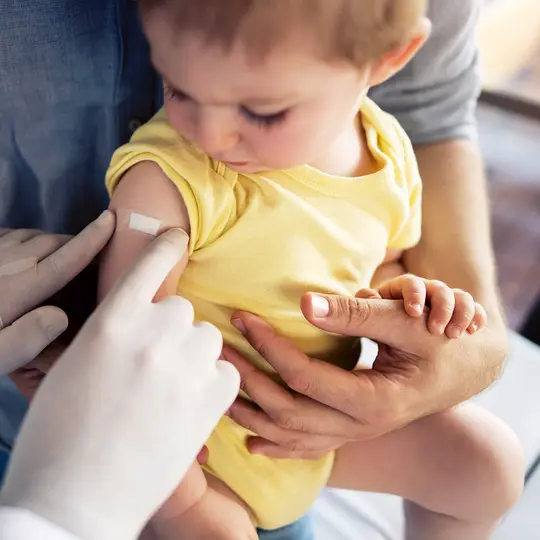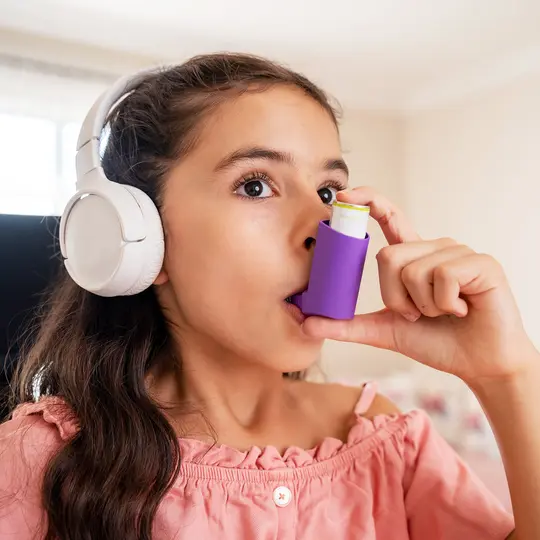1 of 4 / The Basics
View All
Vaccinations for Children
Learn why doctors recommend certain vaccines and when your child should get them.
What to Expect After Vaccines
Knowing what’s common and what’s not will help put your mind at ease after your child’s next round of shots.
Detecting Learning Disabilities
A learning disability is a problem that affects how a person receives and processes information.
2 of 4 / Common Symptoms
View All
When Your Child Is Coughing
A cough is usually a sign that your child's body is trying to rid itself of an irritant.
Is It a Cold?
Little noses get a lot of colds. Babies can catch eight or more during their first year alone.
Fever in Children
Fever is a defense against infection. Your child's body is raising its temperature to kill the germs.
What Causes Diarrhea?
Why do children get diarrhea more often than adults? WebMD tells you about the causes of diarrhea and home treatments for it.
3 of 4 / Common Conditions
View All
Understanding Croup
Croup is a condition that irritates your baby’s upper airways and causes them to swell.
Whooping Cough
Whooping cough (also known as pertussis) is a bacterial infection that gets into your nose and throat.
Fifth Disease
Fifth disease, or erythema infectiosum, is a contagious viral infection common among school-age children.
Hand, Foot, and Mouth Disease
Hand, foot, and mouth disease is common in children. It’s not the same as foot-and-mouth disease, a virus that affects animals.
4 of 4 / Chronic Conditions
View All
Asthma in Children
If your child has asthma, you know that lots of things -- from secondhand smoke to tree pollen -- can trigger an asthma attack.
Cerebral Palsy
Cerebral palsy (CP) is a group of disorders that affect balance, movement, and muscle tone.
Cystic Fibrosis
Cystic fibrosis (CF) is a genetic disorder, which means you get if from your parents at birth.
Down Syndrome
Down syndrome is a genetic condition that causes mild to serious physical and developmental problems.
Suggested Reads about Children's Health
Could U.S. Measles Cases Break a Record This Year? What to Know
Within the first 3 months of 2024, the U.S. surpassed the total number of measles cases recorded in all of 2023. Could the nation break a record this year? Here's what to know.
U.S. Measles Cases in 2024 Already Surpass Last Year’s Total
It’s not quite the end of March, and the U.S. has already tallied more measles cases this year than were reported in all of 2023.
Spring Measles Outbreak: Is It Safe to Travel to Florida?
Each spring, around 30 million people descend on Florida’s beaches, cities, and theme parks for some fun in the sun. But this year as the state gets set for spring break, it’s also wrestling with a measles outbreak that’s leaving many travelers wondering whether it’s still safe to go.
Measles Control So Far in 2024: ‘Not Off to a Great Start’
Just over 2 months into 2024, the CDC has already reported 45 cases of measles in 17 jurisdictions across the United States. Here's what to know.
Top Topics in Children's Health
8 million+ Physician Ratings & Reviews
Find Doctors and Dentists Near You
You can also search by physician, practice, or hospital name